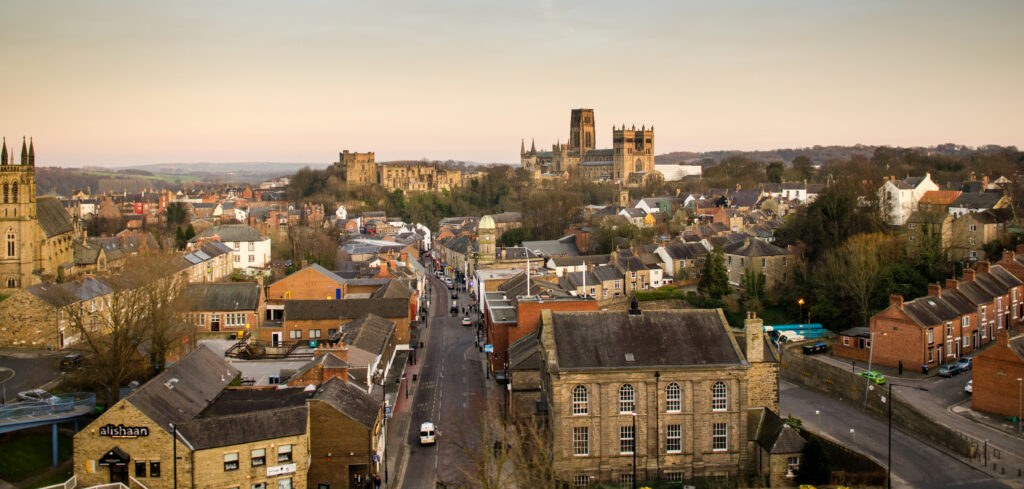Project Genesis had planned to build a £25 million plant with the capacity to treat up to 60,000 tonnes of commercial waste per year. The plans were turned down by Durham county council in September 2021, but on appeal the planning inspectorate said the plant should go ahead the following year.
However, in June 2023, the planning inspectorate’s decision was overturned by then parliamentary under-secretary of state for local government and building safety, Lee Rowley, on behalf of the secretary of state for levelling up, housing and communities, Michael Gove (see letsrecycle.com story).
Project Genesis then took to the courts to appeal Mr Rowley’s decision, claiming its “interests have been substantially prejudiced”.
However, in a ruling published yesterday (21 February) from a case which took place in the High Court’s planning division on 29 January, Mr Justice Fordham said he “had not been persuaded by the developer’s claims”.
He dismissed the claim for statutory review and ordered the developer to pay the costs of the government.
Landscape

One of the reasons the project was turned down was over fears the plant would impact Durham’s landscape.
Two of the four issues considered by the judge related to how the proposed plant would impact the landscape.
Project Genesis said the secretary of state misinterpreted policy 39 of the County Durham Plan which says proposals for new development will be permitted where they would not cause unacceptable harm to the character, quality or distinctiveness of the landscape, or to important features or views.
In the second issue, Project Genesis said the secretary of state weighed “certain landscape and visual impacts differently from the way in which the Inspector had weighed them”. This included not visiting the site, while the inspector who approved the site did.
However, the judge said “there is no duty, in fairness or reasonableness or to ensure a reasonable sufficiency of enquiry to go and see the view from the viewpoints”.
The judge added: “The secretary of state as decision-maker, in my judgment reasonably and fairly, concluded that the various aspects of harm to the character and appearance of the landscape carried ‘very’ significant weight against the proposal.”
Agreed benefits
Project Genesis also claimed that the agreed benefits of the plant should count more towards the decision.
According to the ruling, the inspector recorded that the developer’s case in the inquiry had identified a series of benefits of the developments.
This included the provision of “much-needed waste management resources” and “operating as a catalyst for further regenerative economic and sustainability benefits both within the industrial park and in the wider local area”.
The developers argued that these two benefits were considered together, which meant they were not weighted more in their favour.
The fourth issue was in relation to technical parts of the government’s decision and was also unsuccessful.
Ruling
Justice Fordham said: “In all the circumstances… I have not been persuaded by the developer’s claim, on any of the four issues, and I will dismiss the claim for statutory review.
“The parties were agreed that I should order, as I do, that: (1) the claim is dismissed; and (2) the developer shall pay the secretary of state’s costs, to be assessed if not agreed.”
Site
The proposed facility was set to be part of Hownsgill Industrial Park, comprising a fuel store, energy plant and combined heat and power equipment and infrastructure. It was planned to process up to 60,000 tonnes of refuse derived fuel annually, produced from locally sourced, mainly C&I waste which Project Genesis said would be supplied by four to five sources local to the region.











Subscribe for free